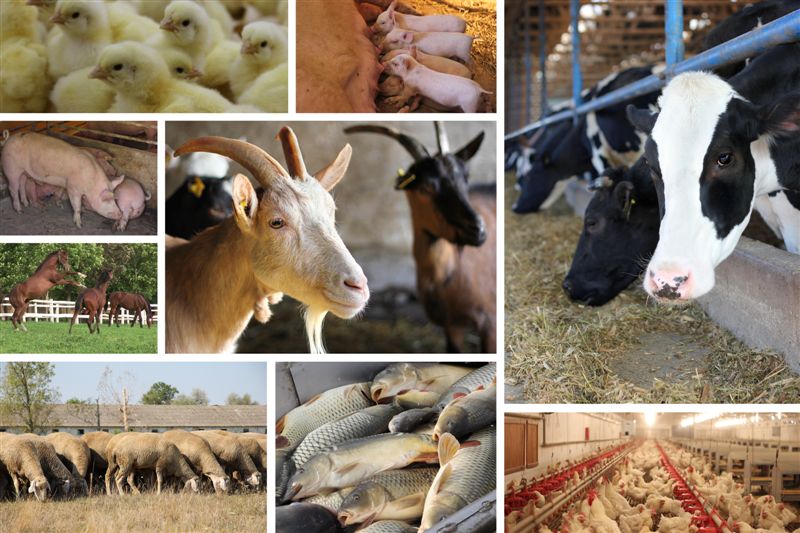Government of Canada invests in improving animal welfare

Canada’s minister of agriculture Marie-Claude Bibeau announced this week an investment of up to nearly $3 million to three national organisations to enhance animal welfare and tracking in the country, according to a government press release.
With funding under the AgriAssurance Program, the organisations will draw on new research to update industry standards for the care and handling of animals, and will evaluate technology to more efficiently trace farm animals in the production system in the event of a disease outbreak. The work will support the highest standards in farm animal care.
The recipients include:
Animal Health Canada, located in Elora, Ontario, will receive up to $2.9 million to update national codes of practice for the livestock sector, including the code for the safe and humane transportation of livestock. It has also developed and introduced a code of practice for the aquaculture sector covering farmed salmon, trout and arctic char.
“We’re pleased to continue working collaboratively with industry, government, veterinary, and animal welfare professionals to continue in developing the Codes of Practice through the National Farm Animal Care Council, a division of Animal Health Canada. Evidence-based co-development is a cornerstone of how the Codes are created and updated and we are excited to lead this project into its final year of funding,” said Melanie Barham, executive director of Animal Health Canada.
The Canadian Cattle Identification Agency, located in Calgary, Alberta, will receive up to $52,140 to evaluate the use of ultra high frequency (UHF) scanners to read cattle identification tags as part of Canada’s commitment to the international community to quickly trace the movement of animals in the event of a disease outbreak. Tag readings are recorded in a database that makes it possible for government and industry to rapidly contain the scope of a potential outbreak, protecting animal and human health.
“One of our mandates at Canadian Cattle Identification Agency (CCIA) is to keep in step with new technologies that have the potential to move livestock traceability forward, such as ultra high frequency (UHF) technology. We began with a review of its current application in livestock and are now enhancing our database to accommodate producers who are already use the technology. CCIA is grateful to have received funding to support both initiatives,” said Anne Brunet-Burgess, general manager, Canadian Cattle Identification Agency.
The Canadian Poultry and Egg Processors Council, located in Ottawa, Ontario, will receive up to $35,750 to update its animal welfare program for hatcheries to meet the requirements of the National Farm Animal Care Council’s Code of Practice for the care and handling of hatching eggs, breeders, chickens and turkeys.
“This important financial contribution allowed CPEPC to convene a group representing poultry producers, breeders, hatcheries, veterinarians, academics, retailers and animal welfare association representatives. Together, this group reviewed Canadian hatcheries’ animal care program, ensure it alignment with the Code of practice and foster compliance across Canada’s hatchery sector,” said Jean-Michel Laurin, president and CEO, Canadian Poultry and Egg Processors Council.
Read also
Wheat in Southern Brazil Impacted by Dry Weather and Frosts
Oilseed Industry. Leaders and Strategies in the Times of a Great Change
Black Sea & Danube Region: Oilseed and Vegoil Markets Within Ongoing Transfor...
Serbia. The drought will cause extremely high losses for farmers this year
2023/24 Safrinha Corn in Brazil 91% Harvested
Write to us
Our manager will contact you soon



